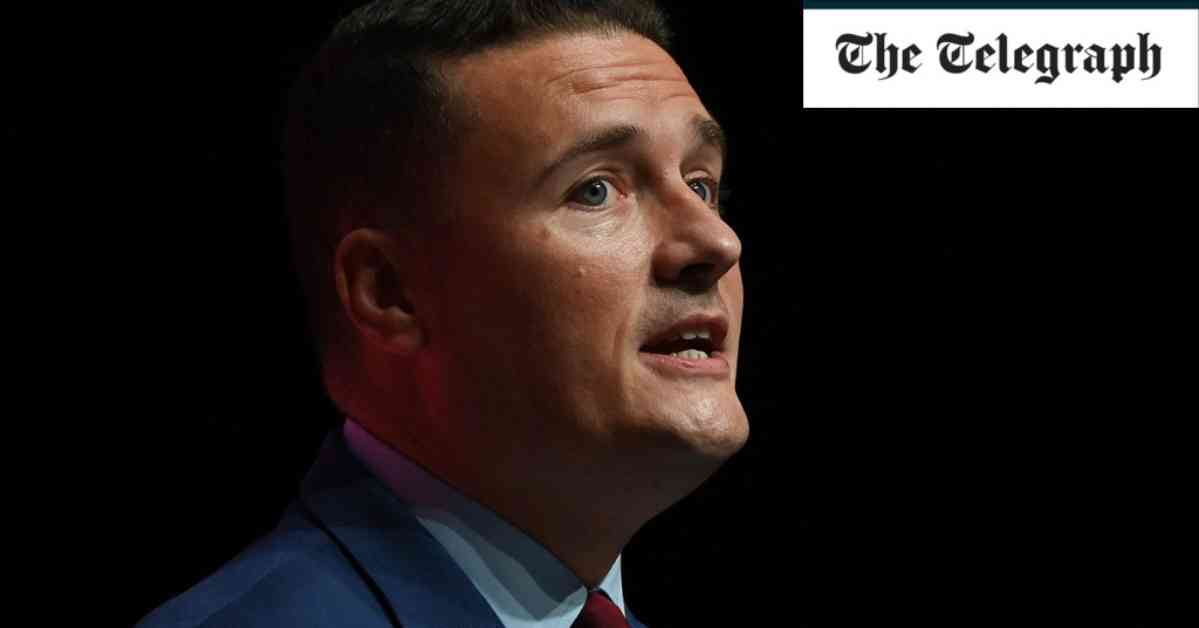Labour MP Emily Thornberry has pledged to end the recruitment of foreign workers for the NHS, prioritizing local talent instead. This announcement comes amidst a growing concern about the reliance on migrant workers in the healthcare sector.
Thornberry’s comments reflect a shift in focus towards investing in training and developing healthcare professionals within the UK. By prioritizing local talent, the aim is to reduce the dependence on foreign workers and ensure that opportunities are available for British citizens to pursue careers in healthcare.
The pledge to end the recruitment of foreign NHS workers has sparked a debate about the best approach to addressing staffing shortages in the healthcare sector. While some argue that prioritizing local talent is essential for supporting the British workforce, others raise concerns about the potential impact on the diversity and expertise that migrant workers bring to the NHS.
Thornberry’s promise to prioritize local talent aligns with a broader push for economic and job opportunities for British citizens. As the debate continues, it remains to be seen how this pledge will be implemented and what impact it will have on the recruitment and retention of healthcare workers in the UK.
Overall, Thornberry’s comments signal a commitment to addressing the challenges facing the NHS workforce and ensuring that opportunities for employment and career development are accessible to all. By focusing on investing in local talent, the aim is to build a sustainable and resilient healthcare workforce that can meet the needs of the population.
Russell Findlay’s Election as Scottish Tory Leader
In a surprising turn of events, Russell Findlay has been elected as the new leader of the Scottish Conservatives. Findlay’s victory comes at a time of political upheaval, with a growing discontent among voters towards traditional party politics.
Findlay’s acceptance speech emphasized his commitment to representing those who feel marginalized and let down by politicians from all parties. He expressed a desire to unite people and rebuild public trust in the political system.
One notable moment in Findlay’s speech was a lighthearted jibe at Sir Keir Starmer, referencing the Labour leader’s recent conference speech gaffe. Findlay’s humor and relatability in his acceptance speech set him apart from other politicians, positioning him as a fresh and authentic voice in Scottish politics.
As the new leader of the Scottish Conservatives, Findlay faces the challenge of uniting a divided electorate and restoring faith in the political process. His outsider perspective and promise to be a different kind of politician may resonate with voters disillusioned by the status quo.
Nigel Farage’s Call to Cut WHO Funding for Winter Fuel
Nigel Farage has called for a reduction in UK funding to the World Health Organization (WHO) in order to allocate resources towards winter fuel payments for pensioners. Farage’s proposal highlights a growing skepticism towards international organizations and a shift towards prioritizing domestic needs.
Farage’s criticism of the WHO’s pandemic preparedness efforts raises questions about the allocation of resources in times of crisis. By suggesting a reallocation of funds towards supporting vulnerable members of society, Farage is tapping into a broader sentiment of prioritizing local welfare over global initiatives.
The debate over funding for international organizations like the WHO reflects a larger discussion about national priorities and the role of government in addressing social and economic challenges. Farage’s proposal challenges traditional approaches to global health and underscores the need for a reevaluation of resource allocation strategies.
As the discussion around funding for the WHO continues, it raises important questions about how to balance international solidarity with domestic needs. Farage’s call for a reexamination of funding priorities highlights the complexities of navigating global health crises while addressing local concerns.
In conclusion, Nigel Farage’s proposal to cut WHO funding in favor of winter fuel payments reflects a broader trend towards reevaluating international commitments in light of domestic challenges. The debate surrounding resource allocation underscores the need for a nuanced and balanced approach to addressing both global and local needs.












